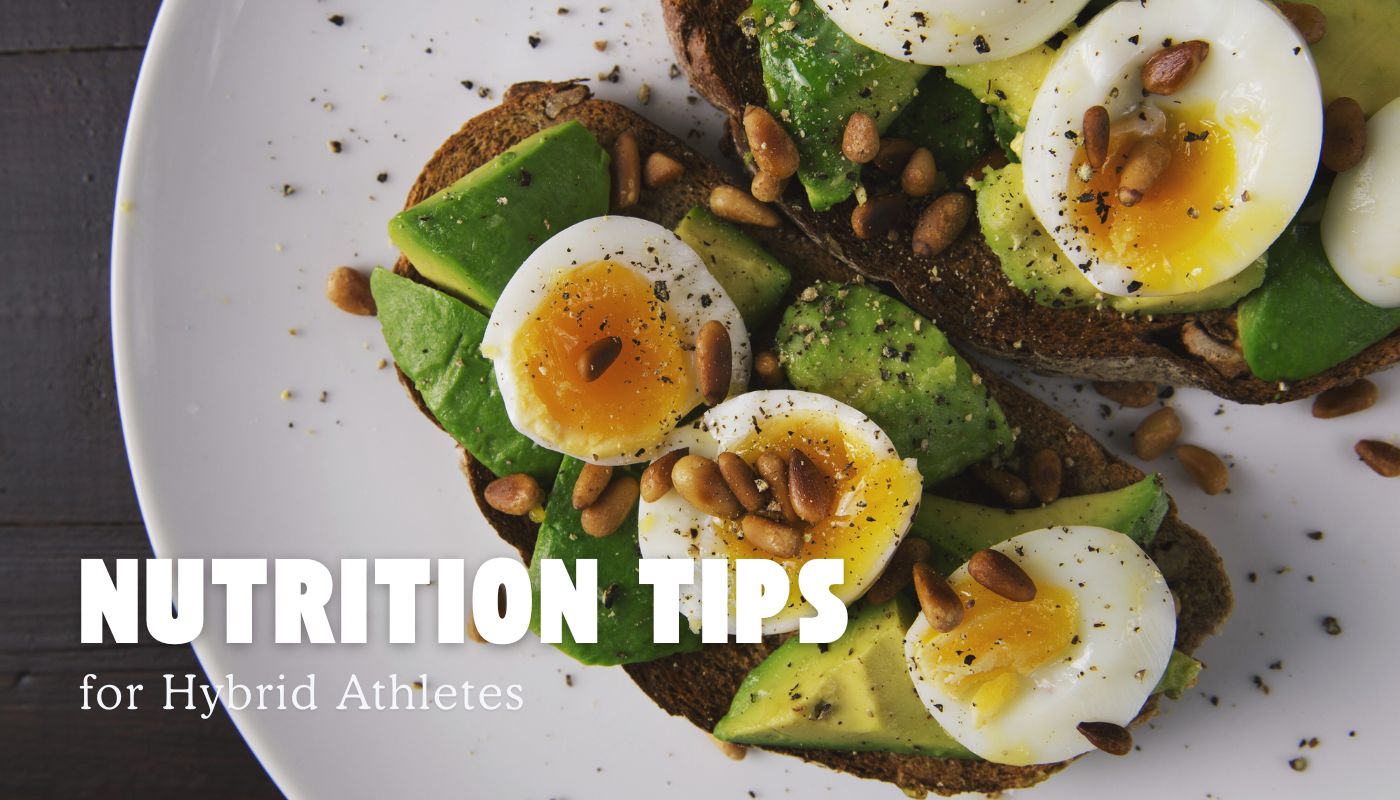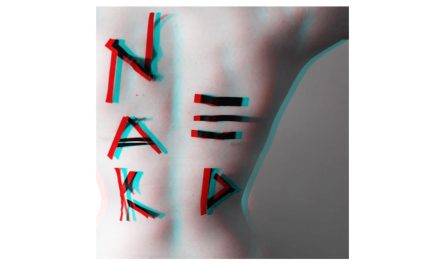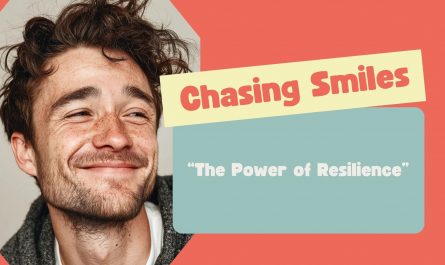Hybrid athletes need to fuel their bodies properly to keep up with the demands of different types of training. Nutrition looks different for everyone, and if you’re aiming for a detailed plan, it’s always best to consult with a specialist. Personally, I don’t follow any strict diet rules (I eat what I want, when I want) but I still try to stick to a few simple principles that help me feel good and perform better.
In this post, I’ll share some of the basic nutrition tips I follow as a hybrid athlete. These aren’t strict rules—just helpful habits that work for me and might work for you too.
Breakdown Of Macronutrients
First, it’s important to focus on the basics—macronutrients. These are the key nutrients your body needs in larger amounts to function properly and fuel your activities. They include carbohydrates, proteins, and fats. Macronutrients provide energy, support performance, and help your body build and repair muscle tissue.
Protein: For Building Muscles
Protein plays a crucial role in any athlete’s diet, especially for hybrid athletes who combine strength and endurance training. It’s essential for muscle growth, repair, and recovery. Prioritizing a high-protein diet can be a real game changer.
Athletes typically need more protein than the average person—usually around 1,2 to 2,0 grams of protein per kilogram of body weight per day. For example, if you weigh 70 kg, you should aim for 84–140 grams of protein daily, depending on your training intensity, goals (like muscle gain or fat loss), and individual needs.
Whether you follow a carnivore or plant-based diet, there are plenty of quality protein sources available:
- Animal-based proteins: Chicken, turkey, lean beef, fish (like salmon or tuna), eggs, Greek yogurt, cottage cheese, and whey protein.
- Plant-based proteins: Lentils, chickpeas, black beans, tofu, tempeh, quinoa, and plant-based protein powders (such as pea, rice, or soy protein).
The key is to include a source of protein in every meal and snack to support recovery and performance throughout the day.
Carbohydrates: To Fuel Your Performance
For hybrid athletes, carbohydrates are the body’s main source of energy and they’re absolutely essential for sustaining performance during training. Depending on the type and intensity of the sport, athletes typically need between 5 to 8 grams of carbohydrates per kilogram of body weight per day. Endurance athletes, such as long-distance runners, may require more carbs, while those with lighter training loads need less.
Carbohydrates can be divided into two main types:
- Simple carbohydrates – Basically sugars that provide a quick boost of energy. They’re ideal before or during a workout when you need rapid fuel. Examples include fruits, honey, sports drinks, or even gummy bears. However, overconsumption can lead to energy crashes or unwanted weight gain—so be careful with them!
- Complex carbohydrates – They are slower to digest but they give you long-lasting energy over time. They help maintain stable blood sugar levels and support sustained performance. Good sources include whole grains (like oats, quinoa, rice, whole wheat bread), vegetables, and legumes (like lentils, chickpeas, and beans).
Fats: Essentials For Your Overall Health
You don’t have to be afraid of fats, they’re not your enemy. Healthy fats are a crucial part of every athlete’s diet. They provide a long-lasting source of energy, support hormone production, and are essential for overall health and performance. Aim for about 0,5 to 1 gram of fat per kilogram of body weight daily, depending on your needs.
Focus on incorporating healthy fats such as avocados, nuts, seeds, olive oil, and fatty fish like salmon. As with everything, balance is key — enjoy them in moderation.
Timing Of Your Meals
Meal timing can make a big difference in how you perform and recover from training. In this section, I’ll share how I personally time my meals around workouts to feel energized and recover better.
Pre-workout Nutrition
Before training, I focus mainly on carbohydrates and a bit of protein. I choose foods that are easy to digest, so I don’t feel heavy or bloated during my workout. It’s best to eat 1 to 3 hours before your workout, depending on how your body reacts to food. You don’t want to train with a full stomach.
Some good pre-workout snack ideas: a banana with a spoon of peanut butter, oats with a bit of yogurt or a smoothie.
Intra-Workout Nutrition
Simple carbohydrates are great for providing a quick boost of energy without upsetting your stomach. I focus mostly on sports drinks or easily digestible fruits such as bananas. Also, I try to stay hydrated throughout my workout. Adding electrolytes can help maintain fluid balance and support proper muscle function, especially during longer or more intense sessions.
Post-workout Nutrition
What you eat after a workout plays an important role in recovery and overall progress. I usually eat a combination of carbs and protein to help my body refuel and repair muscles. Simple meals like protein shake or yogurt with oats work as well.
At the end of the day, nutrition doesn’t have to be complicated. Focus on the basics, listen to your body, and find what works best for you. These tips help me feel good, recover faster, and get the most out of my training sessions — maybe they’ll help you too.
Let me know in the comments what your go-to meals or snacks are!:)
Follow my content on social media: Instagram, TikTok, YouTube
Catch up on my last posts:
My Version of Hybrid Training: How to Balance Strength, Endurance, and Fun!
The Benefits of Hybrid Training for Women
How to Build Your Perfect Hybrid Training Split
My Weekly Hybrid Routine: What It Looks Like (and Why It’s Always Changing)
♥ Next up: Stretching and Recovery Tips for Hybrid Athletes!
“Images by Canva Pro”




Hi Eliška! Great breakdown of the macros, super helpful info there! My favorite sweet snack is yogurt and chocolate protein powder. I mix it up and put it in the freezer, for a post dinner ice cream treat!
Hi Karen! such a great idea for a healthy snack, I need to try it!:)
Very interesting blog article, thank you! And I can really use it as I am training for a half-marathon. My go to meal is not very special – avocado egg toast and protein yoghurt 🙂 And I agree, listening to the own body really is the most important.
Hi Chloé, that is amazing! good luck with your half marathon!!:)
Very useful tips, thank you!
Thanks for the ideas! My go-to snack is Greek yoghurt with fresh fruits and some granola 🫶
I love that!!